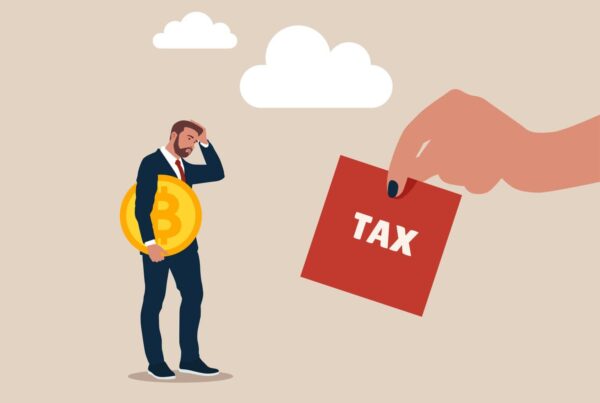Gary Gensler, chair of the U.S. Securities and Exchange Commission, hasn’t recently wanted to say whether or not ether is a security, refusing to opine on the subject when pressed in Congress in April by Republicans on the House Financial Services Committee.
Yet prior to his time at the SEC, Gensler used to have a much clearer view on which crypto tokens counted as securities — and which didn’t. He said on multiple occasions that bitcoin, ether, litecoin and bitcoin cash didn’t likely pass the threshold, while tokens issued through initial coin offerings did.
The distinction is thorny and at the center of legal disputes involving many of the biggest names in crypto including Ripple and Coinbase. If a token is determined to be a security, it’s subject to much stricter regulatory supervision and placed under the purview of the SEC.
“Over 70% of the crypto market is bitcoin, ether, litecoin, bitcoin cash. Why did I that name those four? They’re not securities,” Gensler said at an institutional crypto conference held at Bloomberg’s headquarters in 2018. “Three quarters of this market is probably not securities.”
He echoed these comments in his own cryptocurrency course called Blockchain and Money at the Massachusetts Institute of Technology in the same year.
“So we already know in the U.S. and in many other jurisdictions that three quarters of the market are not ICOs or not what would be called securities, even in the U.S., Canada, and Taiwan — the three jurisdictions that follow something similar to the Howey Test that we’ve talked about. Three quarters of the market is non-securities. It’s just a commodity, a cash crypto,” he said.
Most ICOs are securities
Gensler added that his audience will hear debates about initial coin offerings and which coins are securities. He said this debates, while relevant and important in general, were not relevant as a legal or regulatory matter to three quarters of the crypto market.
At the Bloomberg conference, Gensler said, however, that most ICOs — naming Ripple’s XRP and EOS — likely met all four criteria of the Howey test, rendering them securities. He added that ether in 2014 likely met the same criteria and was a security when it launched.
Yet he pointed to former SEC chair William Hinman’s comments at the time that this had changed. “Now, subsequently, the SEC has said by 2018 it’s decentralized enough and they’ve sort of said, you know, we’ll let it go the other way.”
These days, Gensler and the SEC claim that most tokens are securities, crossing over heavily with Gensler’s views on ICOs, although neither have clarified whether this applies to ether. In the SEC’s lawsuit against Coinbase filed earlier this month, it claimed that the exchange offering ether through a staking service was a security — but it didn’t touch on the underlying asset itself.
When asked by The Block about ether in April, Gensler was opaque.
“If the public is anticipating profits based upon the efforts of others in a common enterprise, those are the indicia of a security, he said.” As for whether the SEC should issue more guidance on ether, he replied that the space already has clarity.
As for that clarity, Coinbase is currently suing the SEC to find out what it is, and Ripple Labs is hoping documents released today relating to the Hinman speech in 2018 might shed a little more light.






